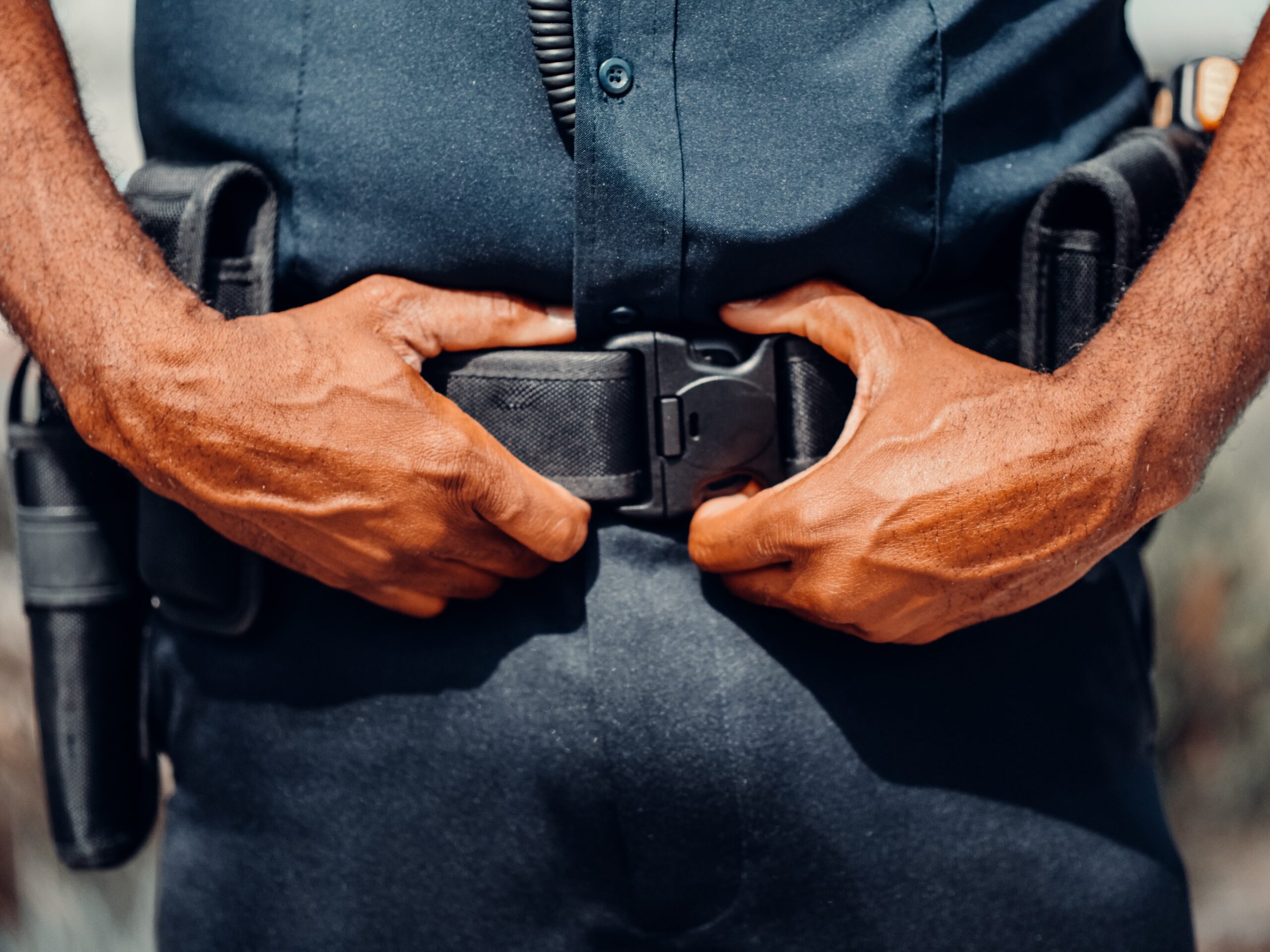Section 1: Understanding Procedural Justice
Procedural justice refers to the fairness and equity in the processes used to make decisions and administer justice. In the context of law enforcement, it means ensuring that police officers follow the law and adhere to ethical standards while carrying out their duties.
Procedural justice is important because it promotes trust and legitimacy in the eyes of the community. When people believe that the police are fair and just, they are more likely to comply with the law and cooperate with law enforcement.
To achieve procedural justice, law enforcement officers must be trained in the principles of procedural justice and commit to following them consistently.
Section 2: The Four Pillars of Procedural Justice
The four pillars of procedural justice are voice, neutrality, respect, and trustworthiness. Voice means giving individuals a chance to be heard and participate in the process. Neutrality means being impartial and unbiased. Respect means treating everyone with dignity and showing empathy. Trustworthiness means being honest and transparent.
By following these four pillars, law enforcement officers can ensure that their actions are perceived as fair and just.
For example, officers can give individuals a chance to explain their side of the story, remain neutral in their decision-making, show respect for the rights and dignity of all individuals, and be transparent about their actions.
Section 3: Police Legitimacy and Trust
Police legitimacy refers to the public’s perception of the police as a legitimate authority. When the public trusts the police and perceives them as legitimate, they are more likely to comply with the law and cooperate with law enforcement.
Procedural justice is crucial in building police legitimacy and trust. By treating individuals fairly and justly, law enforcement officers can demonstrate that they are worthy of the public’s trust and respect.
Conversely, when individuals perceive the police as unfair or illegitimate, they are less likely to comply with the law and may even engage in criminal behavior.
Section 4: Bias and Procedural Justice
Implicit biases are unconscious attitudes or stereotypes that affect our behavior and decision-making. Everyone has implicit biases, and law enforcement officers are no exception.
Procedural justice can help mitigate the effects of bias by promoting fairness and impartiality in decision-making. By following the principles of procedural justice, officers can ensure that their biases do not influence their actions.
Training in cultural awareness and implicit bias can also help officers recognize and overcome their biases.
Section 5: Procedural Justice in Practice
Procedural justice requires law enforcement officers to be mindful of their actions and decisions at all times. It involves treating all individuals with respect and dignity, regardless of their race, ethnicity, gender, or socioeconomic status.
One way to promote procedural justice is through community policing, which involves building positive relationships with the community and working collaboratively to solve problems. Community policing can help build trust and legitimacy between law enforcement and the community.
Another way to promote procedural justice is through transparency and accountability. Officers should be held accountable for their actions and be transparent about their decision-making processes.
Section 6: Procedural Justice and Use of Force
The use of force by law enforcement is always a sensitive issue. Procedural justice requires officers to use force only when necessary and to apply it in a fair and consistent manner.
Officers must be trained in the appropriate use of force and be held accountable for their actions. They must also be transparent about their use of force and be willing to explain their decisions to the public.
Procedural justice can help reduce incidents of excessive force and promote trust between law enforcement and the community.
Section 7: Procedural Justice and Policing Reform
Procedural justice is a key component of policing reform efforts. Police departments across the country are implementing procedural justice principles to improve their relationships with the community.
Reforms such as body-worn cameras, community policing, and implicit bias training can help promote procedural justice and build trust between law enforcement and the community.
Procedural justice is not a one-time initiative but rather an ongoing commitment to fairness and equity in the administration of justice.
Section 8: Barriers to Procedural Justice
There are several barriers to implementing procedural justice in law enforcement. One of the biggest barriers is resistance from officers who may not see the value of procedural justice or who may feel threatened by changes to the status quo.
Another barrier is lack of resources or training. Procedural justice requires specialized training and ongoing support from leadership, which can be costly and time-consuming.
Finally, institutional policies and practices can also be a barrier to procedural justice. Policies that are biased or discriminatory can undermine the principles of procedural justice and erode trust between law enforcement and the community.
Section 9: Conclusion
Procedural justice is a critical component of effective law enforcement. By promoting fairness, equity, and transparency in decision-making, law enforcement officers can build trust and legitimacy with the community.
Procedural justice requires a commitment from law enforcement leadership to provide training and support to officers and to hold them accountable for their actions. It also requires a willingness to listen to the community and to work collaboratively to solve problems.
By incorporating the principles of procedural justice into their policies and practices, law enforcement agencies can improve their relationships with the community and enhance public safety.
Section 10: Resources and Support
Law enforcement agencies can find support and resources for implementing procedural justice principles from a variety of sources, including the International Association of Chiefs of Police (IACP), the National Organization of Black Law Enforcement Executives (NOBLE), and the Police Executive Research Forum (PERF).
Additionally, the Department of Justice’s Office of Community Oriented Policing Services (COPS Office) provides funding and technical assistance to law enforcement agencies seeking to implement community policing and other procedural justice initiatives.
By taking advantage of these resources, law enforcement agencies can improve their relationships with the community and enhance public safety.








